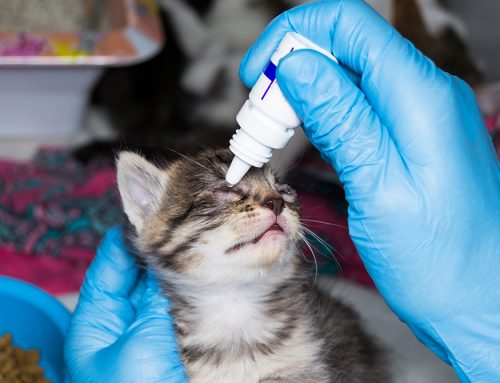Mission Veterinary Clinic
16915 San Fernando Mission Blvd,
Granada Hills, CA 91344
Phone: 818-363-8143
Website: missionvet.com
Overview of Chronic Pancreatitis
Chronic pancreatitis is a condition in pets where the pancreas, an essential organ responsible for producing digestive enzymes and insulin, becomes persistently inflamed. Unlike acute pancreatitis, where symptoms appear suddenly and are often severe, chronic pancreatitis develops slowly over time, with periods of remission and relapse. This ongoing inflammation can lead to irreversible damage to the pancreas and affects its ability to function correctly.
Causes of Chronic Pancreatitis
The exact cause of chronic pancreatitis in pets is often difficult to determine. However, several factors can contribute to the development of this condition, including:
- Dietary Factors: High-fat diets, obesity, and sudden dietary changes can increase the risk.
- Genetics: Some breeds, such as Miniature Schnauzers, Yorkshire Terriers, and Cocker Spaniels, are more predisposed.
- Medications: Certain drugs may contribute to chronic pancreatic inflammation.
- Underlying Conditions: Conditions like diabetes, hyperlipidemia, or hypercalcemia may also play a role.
Symptoms of Chronic Pancreatitis
Symptoms of chronic pancreatitis in pets can be subtle and may come and go, making it a challenge to diagnose. Common signs to look out for include:
- Recurrent episodes of vomiting or nausea
- Loss of appetite (anorexia)
- Weight loss
- Diarrhea or greasy stools
- Abdominal pain, often signaled by a pet assuming a “prayer position” (front legs and head down, rear end up)
Diagnosis of Chronic Pancreatitis
Diagnosing chronic pancreatitis typically involves a combination of:
- Blood Tests: To check enzyme levels and rule out other conditions.
- Ultrasound: Imaging to look for changes in the pancreas.
- Biopsy: In some cases, a tissue sample may be necessary for a definitive diagnosis.
Treatment and Management
Managing chronic pancreatitis in pets often focuses on relieving symptoms, reducing inflammation, and preventing further pancreatic damage. Treatment strategies may include:
- Dietary Management: Feeding a low-fat, easily digestible diet is crucial. Frequent, small meals may help reduce the pancreas’s workload.
- Medications: Pain relief, anti-nausea drugs, and appetite stimulants may be prescribed. In some cases, enzyme supplements may be necessary.
- Monitoring and Support: Regular veterinary check-ups and monitoring of blood work are important to manage the condition effectively.
Prognosis
The prognosis for pets with chronic pancreatitis varies. With appropriate management, many pets can lead comfortable lives, but it requires ongoing care and attention to prevent flare-ups.
Contact Mission Veterinary Clinic
If your pet is showing signs of chronic pancreatitis or if you have concerns about their health, please visit Mission Veterinary Clinic. We are an urgent care facility and only accept walk-ins, no appointments. Our dedicated team is here to provide the necessary care and guidance to help manage your pet’s condition.
Address: 16915 San Fernando Mission Blvd, Granada Hills, CA 91344
Phone: 818-363-8143
Website: missionvet.com
This information is provided as a resource for pet owners and should not replace professional veterinary advice. Always consult with a veterinarian if you suspect your pet may have a health issue.










Leave A Comment